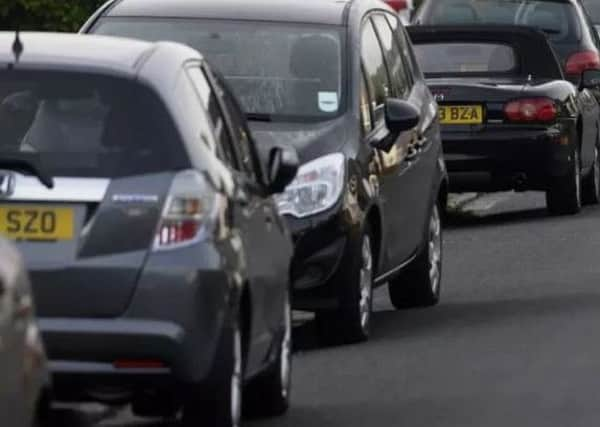This is what the law says you can do when someone parks in front of your house


However, while some areas have combatted the issue of limited parking with permits and timed parking hours, if there are no rules in place, there’s not a lot can be done to prevent parking on your street.
As a result, many drivers face a daily struggle of finding a parking spot in residential areas with limited parking, especially at peak times.
Advertisement
Hide AdAdvertisement
Hide AdPerhaps, most annoyingly, unless you live on a road which has parking permits, or is private property, it’s very difficult to stop drivers from parking.
Even though neighbours may give you a preference over the parking spot right outside your house, there is actually no legal entitlement for them to do so.
There are only a few situations that can result in taking action, for example, if the vehicle is blocking your driveway or if they wheel is over the pavement.
According to the Highway Code, these are the only laws of where you can’t park
:: On a pedestrian crossing, including the area marked by the zig-zag lines
:: In marked taxi bays
:: In a cycle lane
:: On red lines
:: In spaces reserved for Blue Badge holders, residents or motorbikes (unless entitled to do so)
:: Near a school entrance
:: Anywhere that would prevent access for Emergency Services
:: At or near a bus/tram stop
:: Opposite or within 10 metres of a junction
:: Over a dropped kerb
:: In front of the entrance to a property
If any of these are the case, the law is on your side, and you can report it.
However, even if it is reported, it is unlikely that the person breaking the Highway Code will be caught, unless they are a repeat offender or if they leave there car there for a number of days.